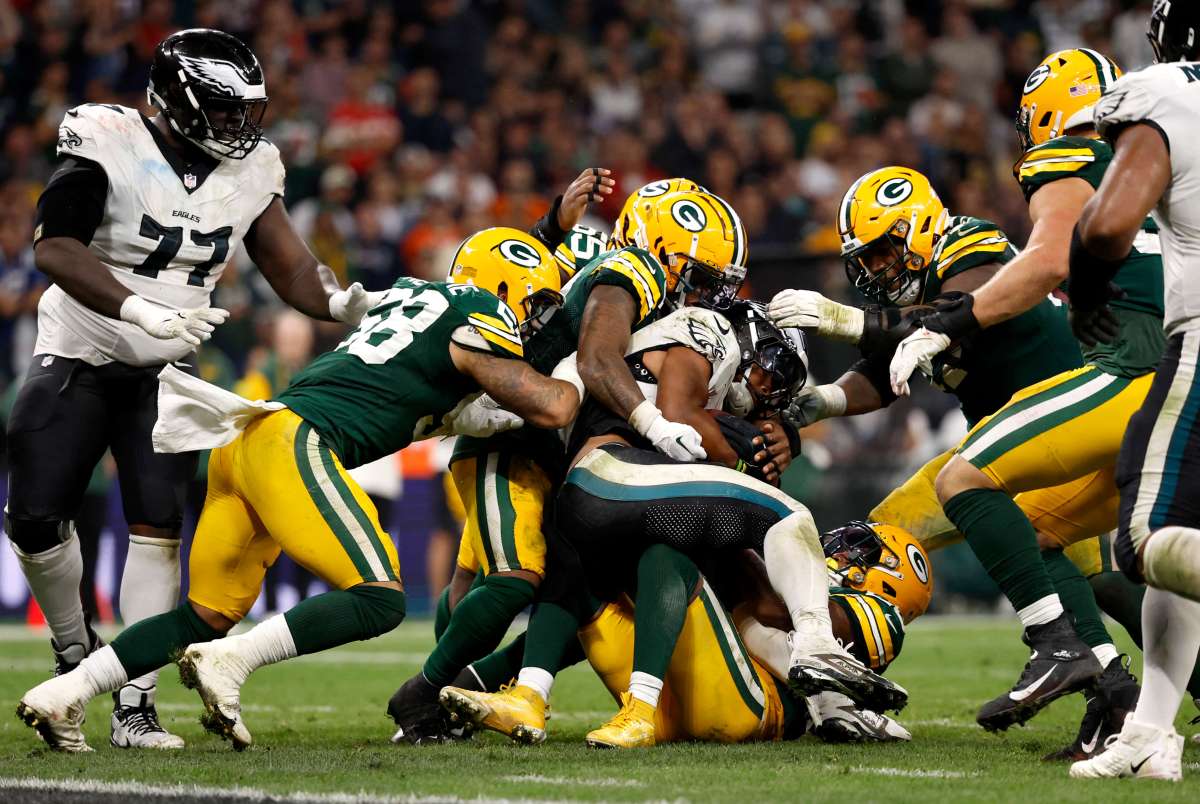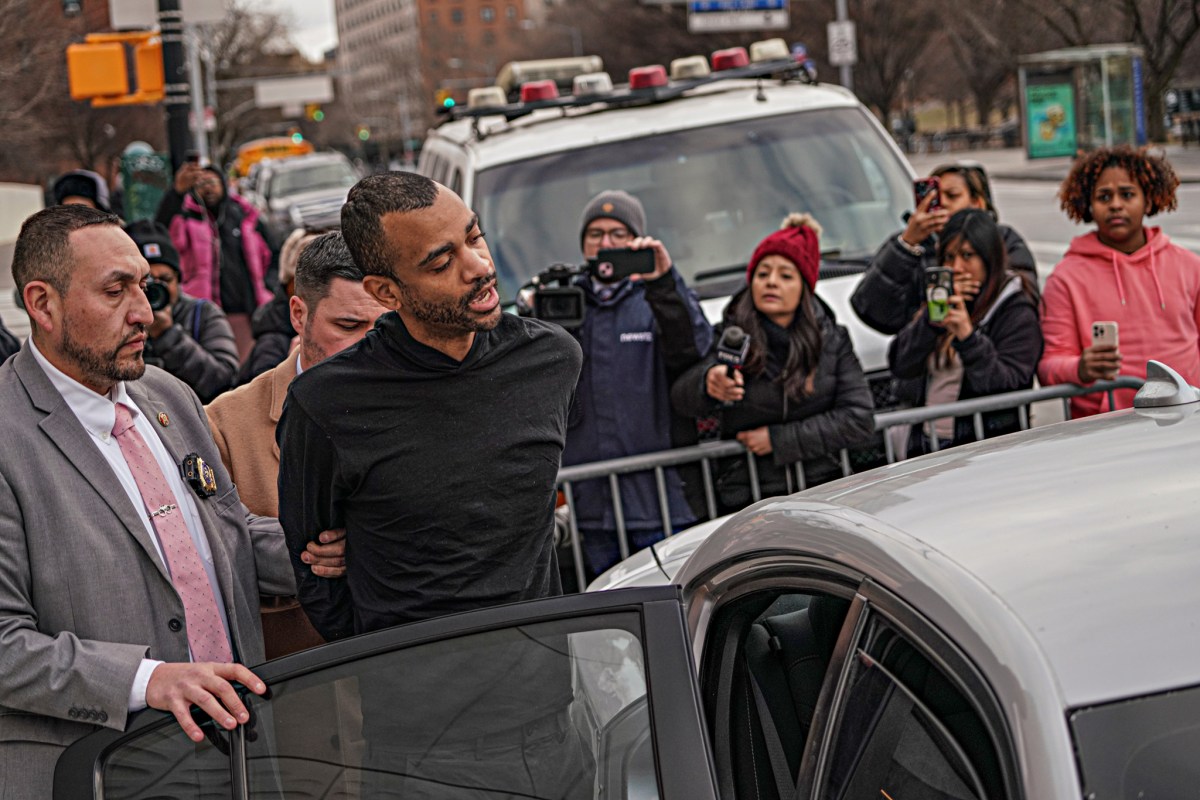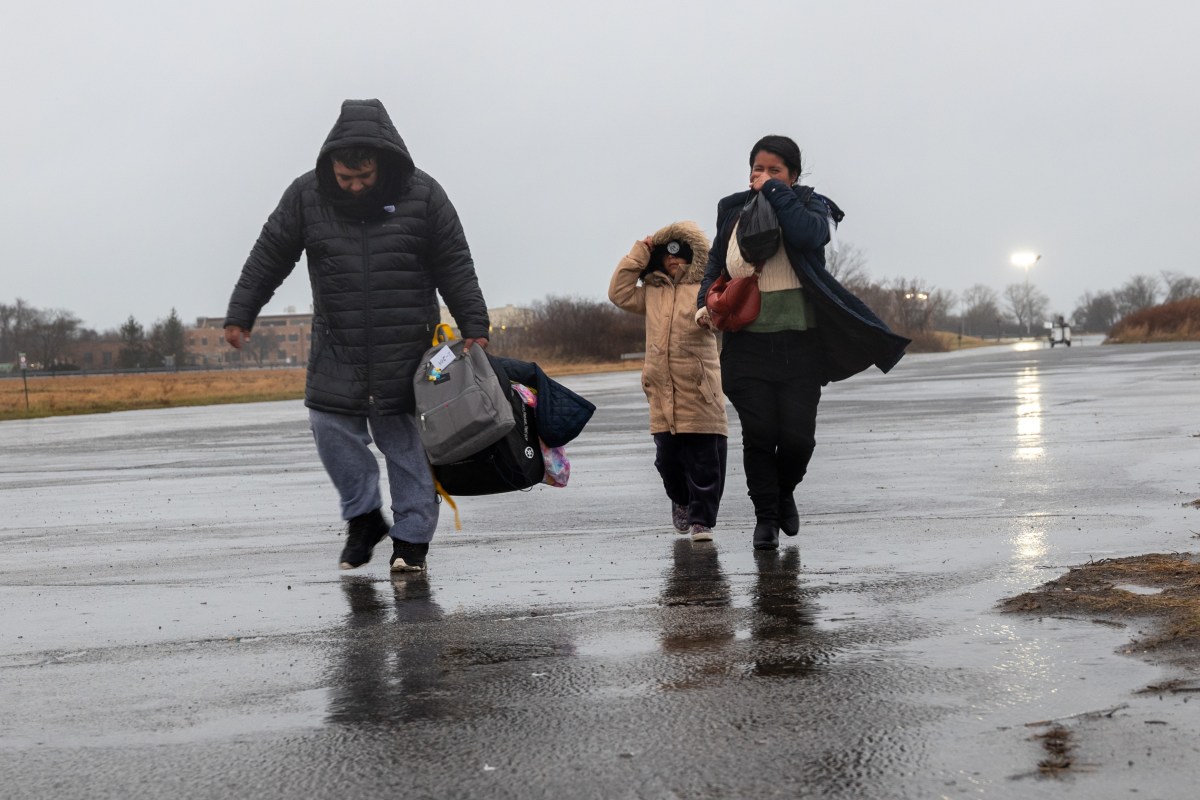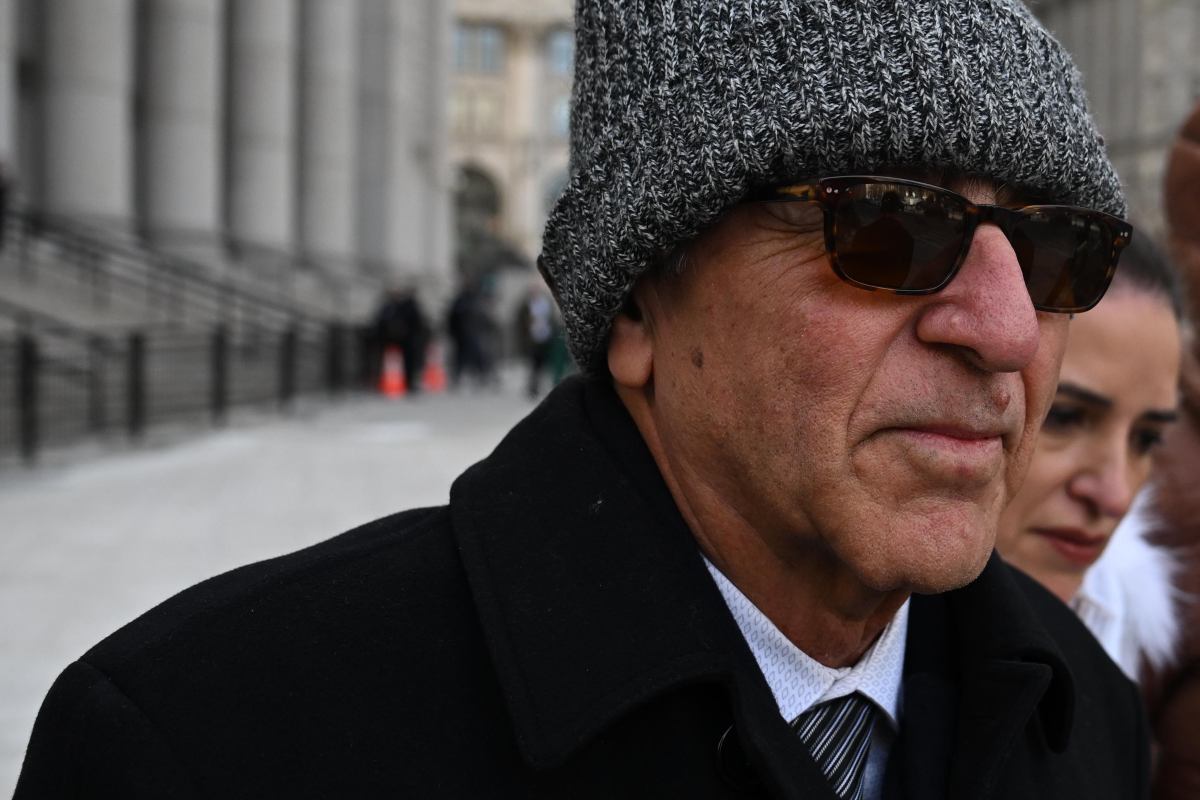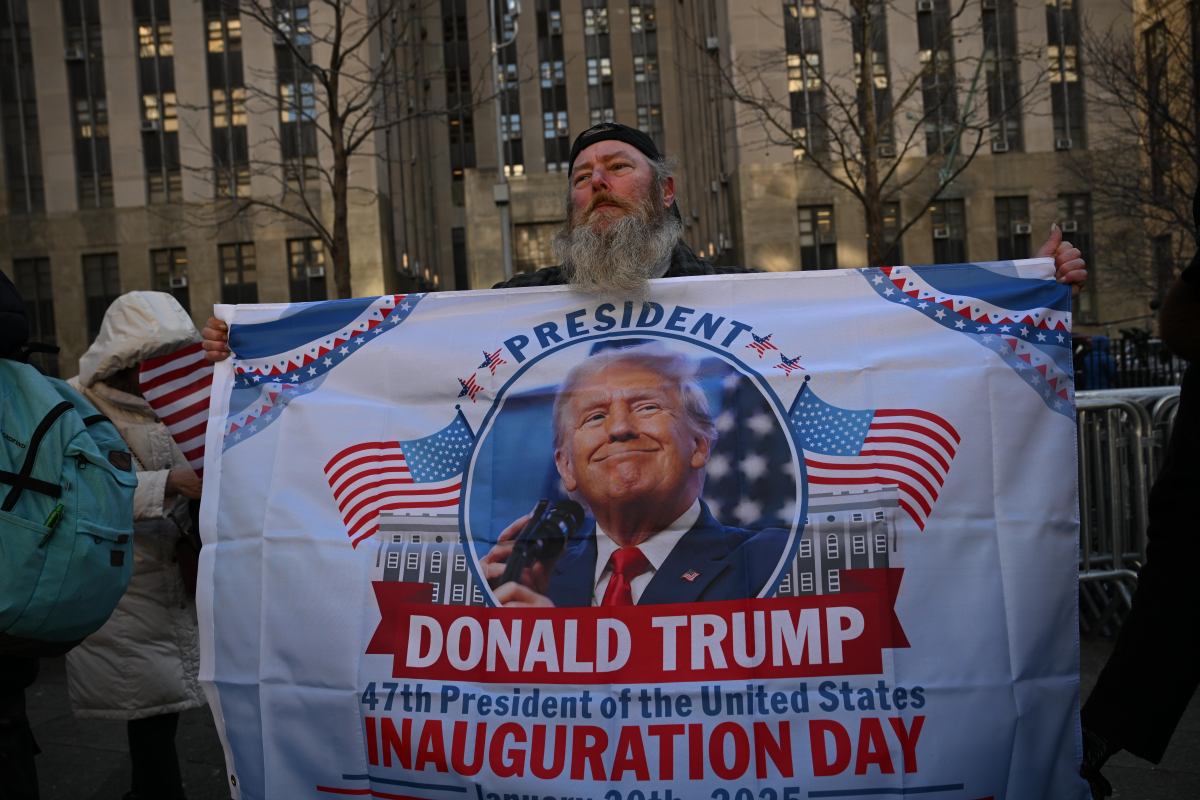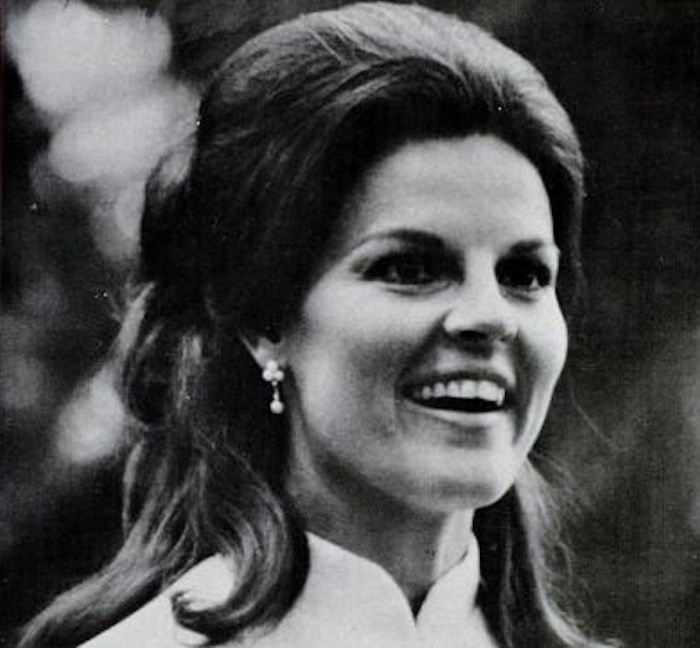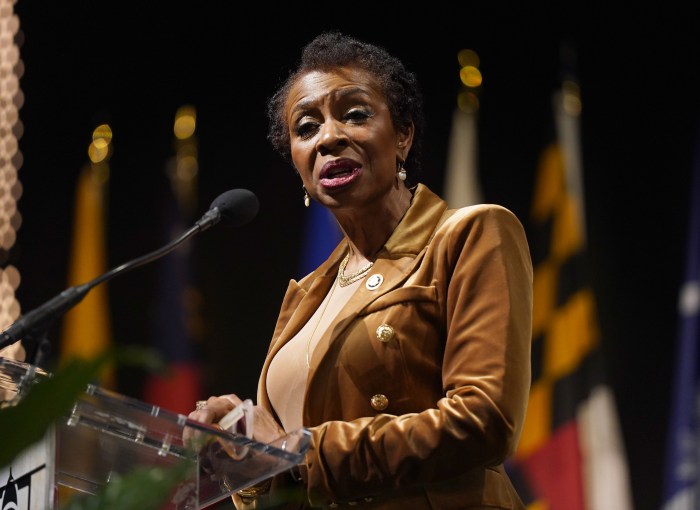Paulo Coelho needs no introduction: He’s has sold more than 100 million books worldwide and holds the world record for most translated books by a living author. His newest novel, “Aleph,” is an autobiographical account of his journey across the Trans-Siberian railroad — and time and space — in search of spiritual fulfillment. Released in the US at the end of September, the book has already reached number one in countries like Brazil, Turkey, Spain and Finland. Coelho spoke with us from Geneva, Switzerland.
I read that it took you four years to gather the material for this book, but only three weeks to write it. Tell me about the process of putting this together.
I decided to travel for three months, non-stop, and then I lived through, well, things that are very difficult to explain in a book. One year ago, I said to myself, “I’m never going to write about this, it is impossible to explain.” And then one year ago I was talking to my agent and I said, “I’m not going to publish a new book, I have no subject.” She said, “You’re never going to write about this Aleph?” I said no because it is impossible. And then when I returned to Geneva I don’t know what happened to me, but I sat down at the computer and I start writing, and then I wrote in three weeks. When she called me again, two and a half weeks later, I said, “You know this book that I said I’m never going to write? I’m almost in the end of it.” It’s like something that triggers in your soul. I realized that I have this book written by my soul.
Were you nervous about sharing so many intimate details about your life?
I was not nervous but I was a little bit uncomfortable. Really feeling, “Oh my God, well I should cut here, I should cut there,” then I said, “This is so useless. You put your soul into it or you don’t. You cannot tell the half-truth. Half-truth is not the whole truth. Just say whatever you have to say, and trust your readers.”
You develop a very special relationship with a woman, Hilal, in this book. What was wife’s reaction to learning about that?
So positive, oh my God.
Did your wife ever get mad about the relationship between you and her?
No, no, no, no, no. We are very honest with each other, and so if something had happened I would tell her. She’s my partner. She’s the love of my life. She wants the best for me, so why should she be uncomfortable or unhappy if she knows that I put my soul in my book?
When was the last time you spoke with Hilal?
Well, by phone it was on her birthday, that I don’t remember — I think it is in May. Every year she sends me an email, because I always forget. In person it was in 2008, actually it was right after the experience. [When I was writing the book] I don’t tell the story to anybody, not even to my wife, not even to my agent, but Hilal started emailing me and said, “I’ve been thinking about you compulsively.” I said, “Please, have a little bit of patience, you’re going to understand everything in two or three weeks from now.” And my readers, it’s funny because two or three knew that I was writing about the Trans-Siberian. I did not answer them of course, but when I finished I said, “This reader, and this reader and this reader, they knew the subject.” It is unbelievable, this connection between the author and the reader.
Was Hilal happy with the book?
I don’t know, because she still did not read the book, but other people told her and she reads English. But she said, “I’m very suspicious about this book and I’m writing my own version of our journey and you cannot impede me in publishing it!” I’m curious about her version.
I wonder how different it will be.
Not too different, because I was very close to reality. And she’s a very honest person. But probably from her side it will be much more a love story. This is what I guess.
You come to a stunning conclusion about your life during this book. How has that epiphany shaped you since you finished your journey?
Well, when I got off the train I understood that I had been forgiven. I did not provoke this trip to the past, I’m not in favor of going to your past life. If it’s good for you, it is going to happen. You know, you are going to meet a catalyst, like was Hilal in my case. I believe you cannot measure time. Time is here and now and this is my past life and my future life and any decision that I take here, including this interview, everything is sacred. Everything that I do now may affect my past and may affect my future. So when I left the train, well, it was surrealistic. I went to Germany for the World Cup and it was a cultural shock. It’s so difficult to absorb the experience when I’m here watching soccer. When I have a profound experience it takes months for you to digest and to change your life.
You had a whole other life before you began your career as a writer. How did you decide to take that take a leap of faith and change careers?
Well, I always knew that my dream was to be a writer, that’s why I was put three times in a mental institution by my parents when I was real young. Then I was writing lyrics for songs, and that you can make a lot of money off of. So when I was 30 years old I was successful, I had money, I had my house, I had the country house, I had my wife, I had everything that a person needs, but I was not happy. And so I took this pilgrimage from France to Spain on this old ancient road called El Camino de Santiago. Then, at the end of El Camino, I said, “OK, I have one more chance in my life: either I renounce forever the idea of becoming a writer, or I stop doing everything that I’m doing now and I write.” Of course, I had no other subject to write about but the pilgrimage itself, so thanks to God and with the help and support of my wife, I quit everything I was doing and I burned my bridges; I said I’m never going to write lyrics again. I wrote my first book when I was 40 years old. I think that we all have a kind of mid-life crisis, when you look at yourself in the mirror and say, “Am I betraying myself? Am I following the path that I choose in life, or am I trying to please everybody? Am I in the comfort zone that is so difficult to leave? So my midlife crisis brought me this epiphany that it was to be a faithful to my destiny, to my bliss.
That reminds me of Joseph Campbell and his message to follow your bliss.
Of course, of course. I was hugely influenced by him. When I use the term bliss, I’m using his expression. Joseph Campbell was a master.
You’ve released books online and you have an incredible web presence — you’re the second most influential Twitter user in the world, only behind Justin Bieber! How did you know that the Internet was going to play such a large role in your career?
I did not know. It started with the Trans-Siberian, with my journey in 2006. I started writing a blog. And then I start getting feedback from readers, which I never thought I would have. I need the reader, not as a reader only but as a person who understands my soul. [Twitter is] a fantastic exercise to writers because you have to summarize a lot of things in 140 characters. Then blogging also, it has to be direct. Things that I post and tweet or Facebook or [write] in my blog, I cannot write a book about it. These are things that I adapt myself to new platforms and I focus as a challenge. One has to be challenged by life. I may be old in age but not in curiosity, so it’s so good to have this challenge. It gives me a good challenge and it gives me a lot of fun and it gives a lot of joy.
Follow Meredith Engel on Twitter @MeredithatMetro.








